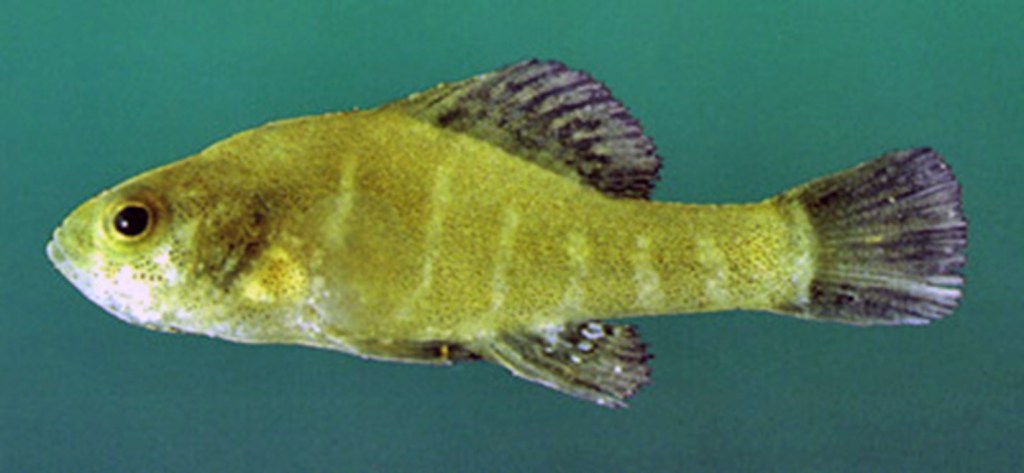Endangered fish receives federal protection
Published 7:00 pm Thursday, May 30, 2019

- The spring pygmy sunfish is an endangered species found in the Beaverdam Spring Complex, adjacent to where the future Toyota-Mazda production facility is under construction.
The endangered fish that briefly put the brakes on the construction of the $1.6 billion Mazda Toyota Manufacturing U.S.A. plant in Limestone County will now receive federal critical habitat protection, officials announced this week.
The U.S. Fish and Wildlife Service announced it will protect 1,330 acres and 6.7 stream miles of critical habitat for the spring pygmy sunfish under the Endangered Species Act. The discovery of the fish near the 2,400-acre MTMUS site led to a temporary halt in site preparation last July.
The fish, which rarely grows more than an inch long, has twice been considered extinct.
An effort to protect the fish was the subject of a lawsuit filed by the Center for Biological Diversity last year against the U.S. Fish and Wildlife Service. In December, MTMUS announced it would place $4 million in a restricted endowment fund to provide for conservation efforts. An additional $2 million was dedicated to habitat restoration and monitoring.
“These habitat protections will help guide the sunfish back from the brink of extinction and onto the path to recovery,” said Elise Bennett, a staff attorney at the CBD. “After watching these tenacious little fish cling to survival for decades while their springs were polluted and destroyed, it’s a relief to see them finally get the safeguards they need.”
Critical habitat for the sunfish includes parts of Beaverdam Spring and Creek, Pryor Spring and Branch and Blackwell Swamp and Run. These areas have spring systems with the water quality, vegetation and prey the sunfish needs to survive. While the fish currently occupies the Beaverdam and Blackwell complexes, Pryor Spring and Branch has been designated as a reintroduction site essential to the species’ eventual recovery.
“Healthy springs are important for everyone,” said Bennett. “These protections will help safeguard clean water for people and secure habitat for other animals that also depend on these exceptional springs.”
A statement from the city of Huntsville said officials there were pleased by Fish and Wildlife Service’s decision to designate a critical habitat for the fish.
The new critical habitat protections may also provide incidental protection for species like the endangered slender campeloma snail and an unnamed species of salamander, which also depend on clean springs in northern Alabama.
“Based upon the ruling, the species continues to thrive in protected environments which further ensures that the previous and existing conservation measures are indeed providing a benefit to the species,” the statement said. “We are looking forward to our continued partnership with Fish and Wildlife Services.”


